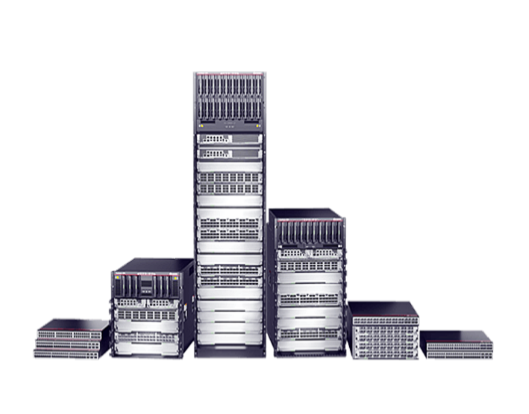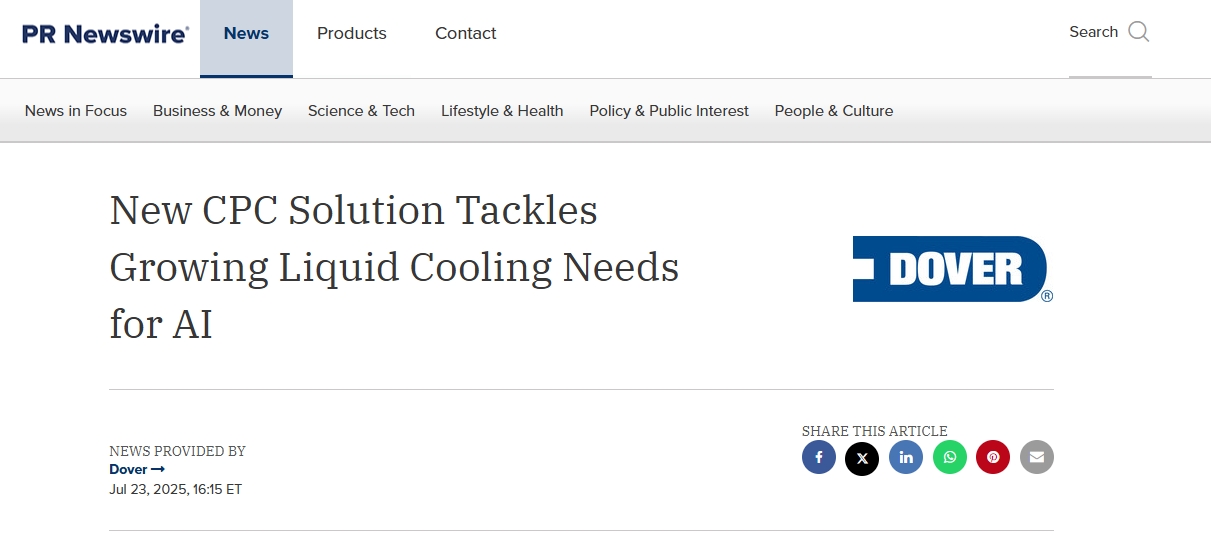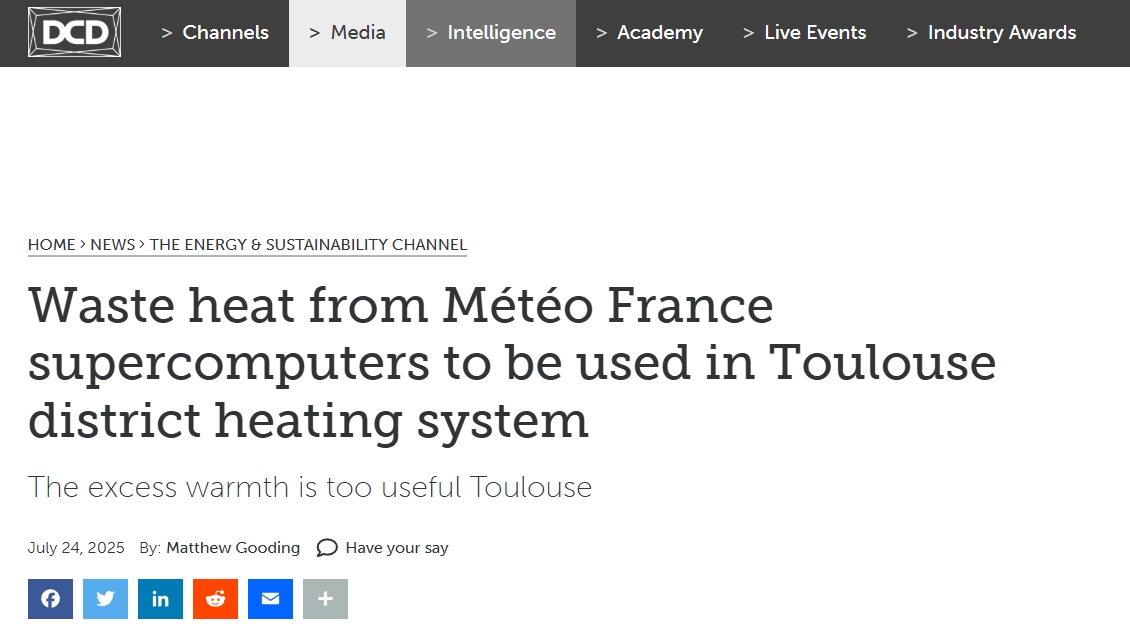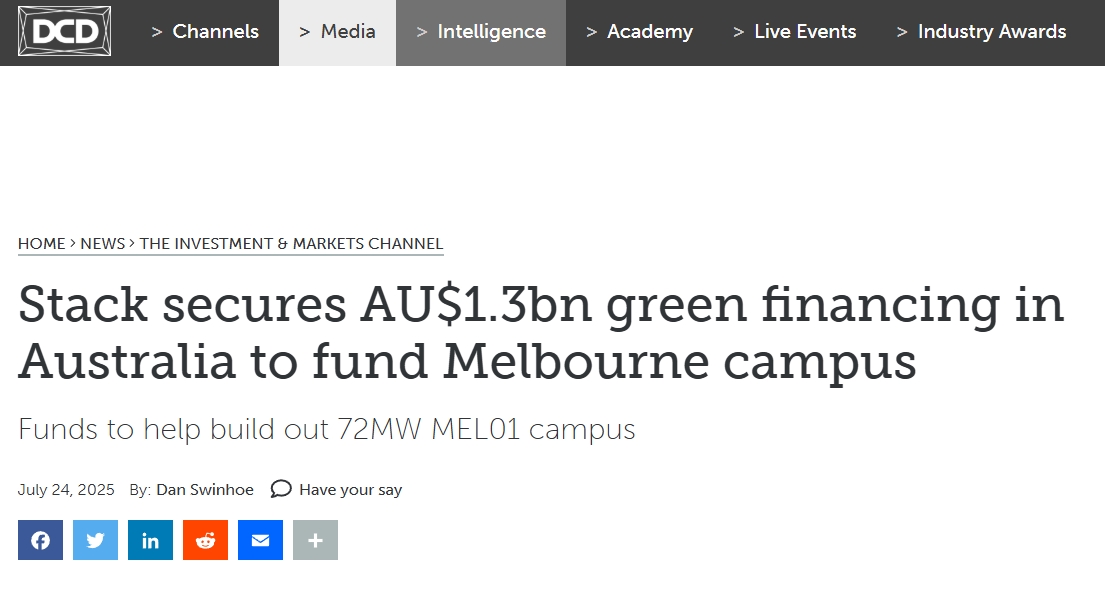Four UPS Component Types Complete Domestic Radio Wave Certification.Chinese company Huawei is intensifying its low-price offensive in the domestic data center equipment market. With core equipment such as power facilities already dependent on foreign products, Chinese manufacturers are now penetrating the market, focusing on the growth potential of Korea’s data center industry. Amid heightened awareness of information protection following the SK Telecom hacking incident, concerns are being raised that the sovereignty of data centers, a core infrastructure of the artificial intelligence (AI) industry where vast amounts of data are concentrated, is being compromised. Experts argue that Huawei’s domestic market entry efforts should be closely monitored, given past controversies over backdoors (means of infiltrating networks without authentication).
According to the IT industry and the National Radio Research Agency on May 20, Huawei completed the conformity assessment registration for radio wave certification of four new rectifier products, a type of uninterruptible power supply (UPS) component, in February this year. Radio wave certification is a mandatory process before releasing electronic devices in Korea. UPS is equipment that enables uninterrupted power supply even in emergency situations and is one of the essential equipment for data centers.
Huawei is also strengthening its sales strategy to expand its foothold in the domestic data center equipment market. According to industry sources, Huawei’s prices in data center equipment bids are known to be more than 20% lower than those of competitors. Additionally, Huawei is promoting its ability to procure data center batteries cheaply by utilizing its domestic network as a strength. An industry insider said, “Currently, Huawei’s data center equipment is not yet preferred by domestic companies, and its market share in Korea is estimated to be in the single digits, which is minimal.” However, they added, “We are paying attention to the possibility that Huawei’s aggressive moves, coupled with the growth of the domestic data center market, could change the market landscape.”
This is not all. Chinese company ZTE also established a Seoul office in March this year to fully launch domestic sales of data center server products. They plan to form a Korean-language technical support team and provide customized solutions in cooperation with domestic partners. As Chinese influence grows stronger, concerns are being raised that the information protection management capabilities of IT companies using or operating data centers may decline.
An even bigger problem is that foreign equipment has already filled domestic data centers even before Chinese companies entered the market, shaking Korea’s data center sovereignty itself. According to the Korea Data Center Council, the proportion of domestically produced UPS installed in Korean data centers is only 8%. Even for transformers and batteries, where domestic conglomerates have been in business for decades, the domestic share is 48% and 44%, respectively. An industry insider explained, “Data centers need special responses to both hacking and fire problems. There is a growing preference for LFP (Lithium Iron Phosphate) batteries, which are cheaper and relatively less fire-prone,” adding, “This is why Huawei is trying to procure batteries from other Chinese companies and sell them together to expand its market share in the domestic data center market.”
Currently, the main brands adopted for UPS equipment in domestic data centers are mostly foreign companies. Notable examples include Germany’s Schneider Electric, USA’s Equinix, Germany’s Siemens, and USA’s Vertiv. According to the 2024 audit report, Schneider Electric Korea’s sales last year were 330.7 billion won, an increase of about 8% compared to the previous year (307 billion won). Domestic companies are demanding that domestic products should be given preference in the bidding process for public data centers.
Experts unanimously agree that the government should establish a comprehensive data center policy to secure the sovereignty of data centers, which are core infrastructure in the AI era, and to proactively respond to information protection issues. Related to this, the U.S. Department of Commerce recently issued guidelines stating that using Huawei’s Ascend AI chips anywhere in the world would be considered a violation of U.S. export regulations. Prof. Lim Jong-in of Korea University’s Graduate School of Information Security said, “Huawei, which has had backdoor controversies, will likely find it difficult to enter the domestic data center equipment market, just as with the introduction of 5G communication equipment in the past.” However, he advised, “Huawei’s moves related to the data center business need to be approached as a national security issue.”








